Back
Pulakit Bararia
Founder Snippetz Lab... • 10m
So… tariffs are back They’re called reverse tariffs (or more technically, reciprocal tariffs) and they’re turning the trade tables in a pretty dramatic way. Economists are raising eyebrows Because trade deficits aren’t necessarily a bad thing. It’s kind of like going to your favorite grocery store—you spend more there than you earn from them. Doesn’t mean the store is cheating you. And while the reverse tariff policy sounds tough, it could come at a cost. Some real talk: These new reciprocal tariffs could bump U.S. average tariffs by 3.3%. That may increase inflation by 0.25 to 0.4 percentage points. Worst-case, it could shave off 0.6% of the GDP—translating to billions in economic slowdowns. Businesses, especially small and medium ones, could struggle with rising input costs. Consumers might notice pricier electronics, clothing, and raw materials. And globally? This could lead to another trade war round, with retaliation from big players like the EU and China already bubbling
More like this
Recommendations from Medial
Altamash Zia
Building Strategies ... • 1y
US President-elect Donald Trump has reiterated his plan to implement reciprocal tariffs on countries that impose high duties on American goods, specifically mentioning India and Brazil. At a press conference in Mar-a-Lago, Trump highlighted the dispa
See More
VCGuy
Believe me, it’s not... • 10m
India's toy industry will likely emerge as a winner through Trump Trade Tariffs. At present - majority of the world's toys are manufactured and supplied by China and Vietnam. China facing over 54% and Vietnam's 46% tariffs, Indian Toy manufacture
See More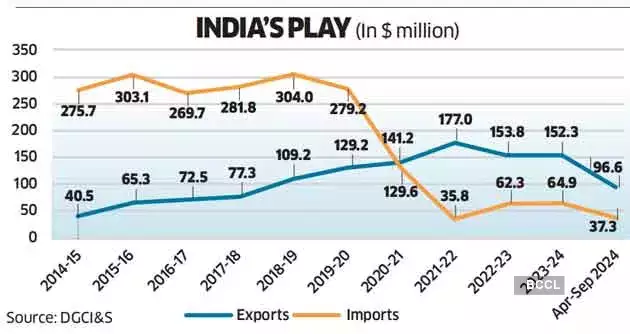
VCGuy
Believe me, it’s not... • 10m
India's toy industry will likely emerge as a winner through Trump Trade Tariffs. At present - majority of the world's toys are manufactured and supplied by China and Vietnam. China facing over 54% and Vietnam's 46% tariffs, Indian Toy manufacture
See More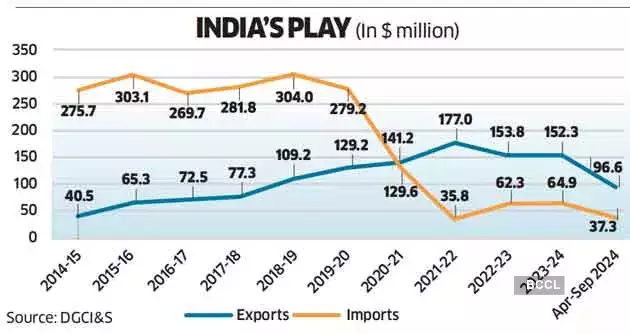
Dr Sarun George Sunny
The Way I See It • 2m
📌Rupee is Asia's worst performing currency' Asia’s worst‑performing currency” is not a headline any country wants but that is where the rupee finds itself in 2025. With a 4.3% depreciation versus the dollar, record trade deficits fuelled by US tar
See More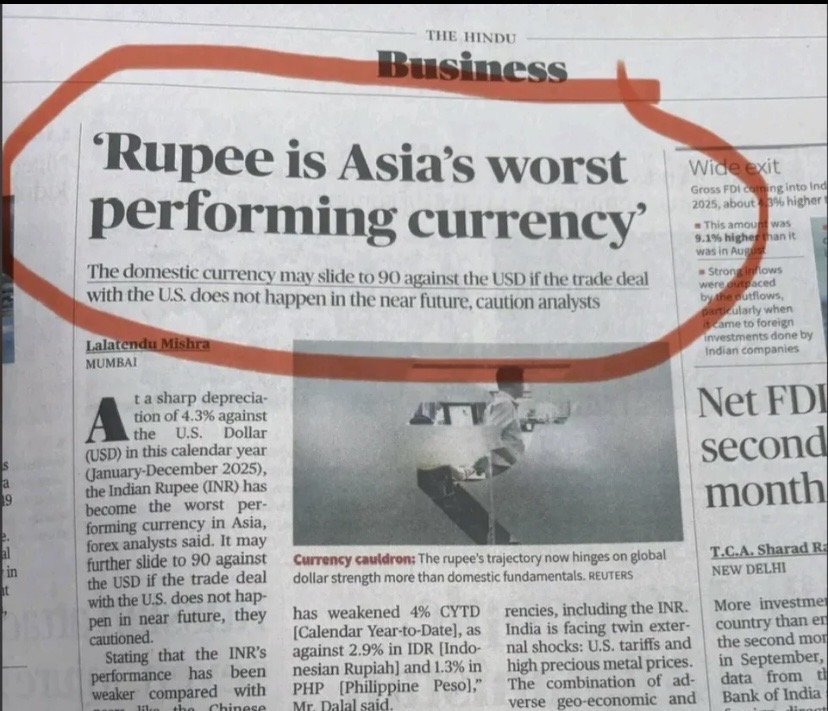
VIKRAM VARAL
EXIM TRADE IN COMMOD... • 5m
Trump’s new executive order cutting tariffs on metals, pharma, and other goods 🔑 Key Highlights of the Order Tariff Cuts: Over 45 product categories to see reductions, including: 1. Metals: Nickel, gold, graphite (important for stainless steel
See MoreDownload the medial app to read full posts, comements and news.








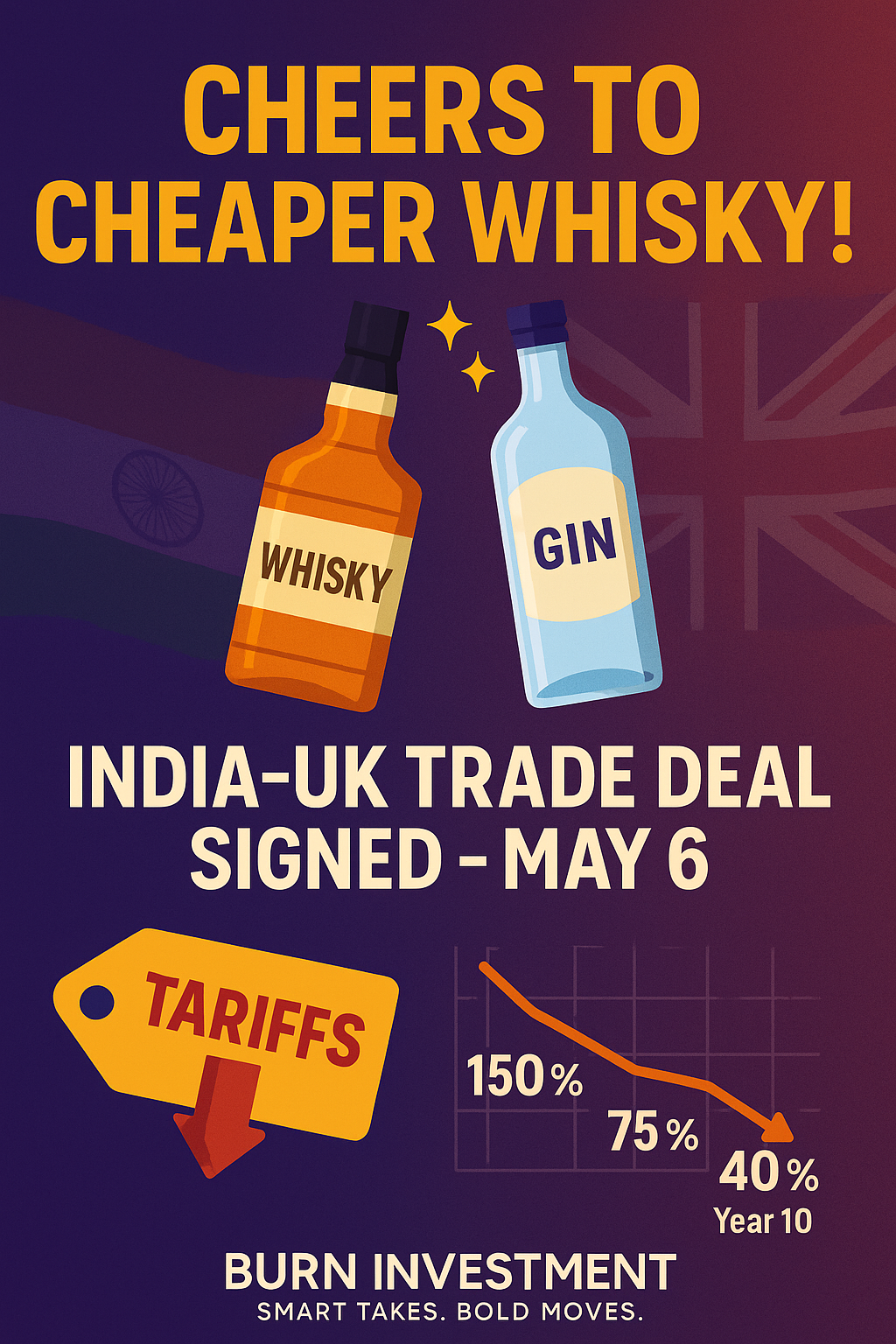


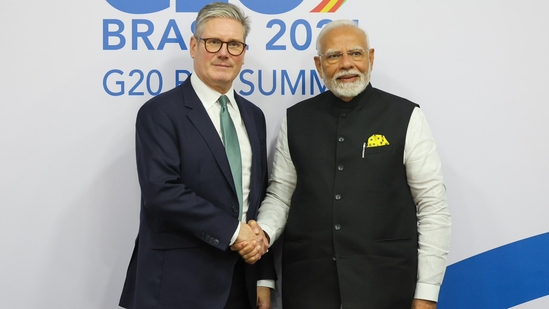

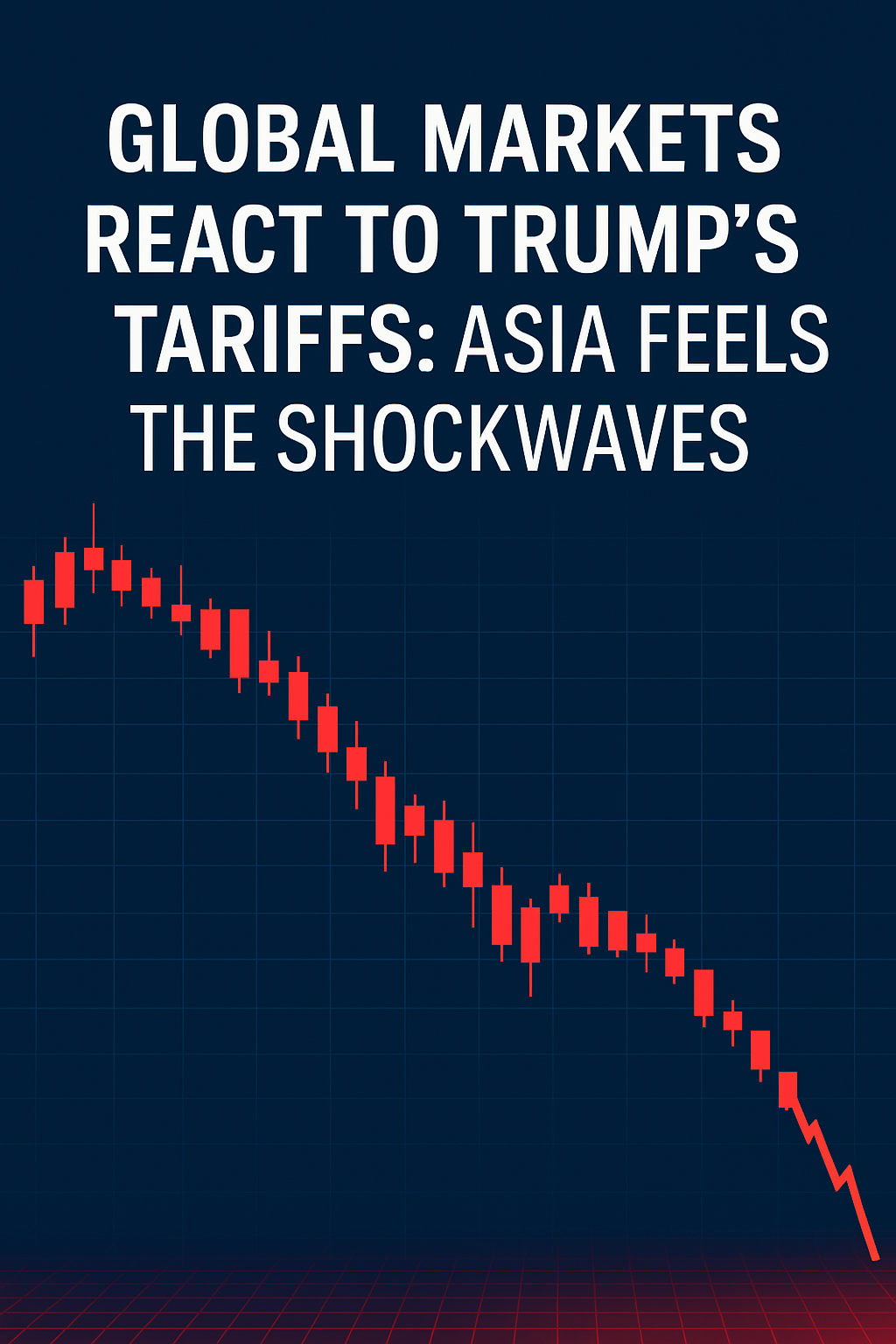


/entrackr/media/post_attachments/wp-content/uploads/2021/08/Accel-1.jpg)



















